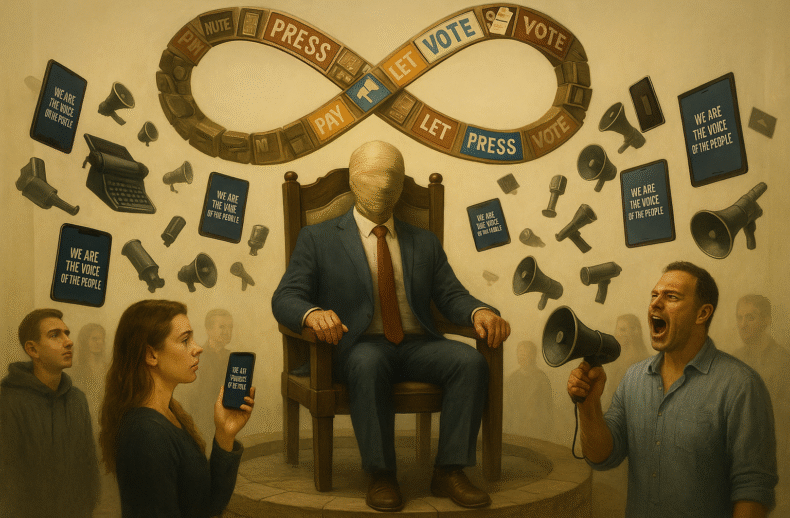The Trump–Putin summit in Alaska was less a negotiation than a carefully staged theater of recognition. Every detail—the red carpet, the mirrored limousines, Trump’s clapping hands, Putin’s stoic silence—served not to strike a deal but to exchange respect before a global audience. Trust was built not through treaties but through symbolic gestures: Putin trusted he would not be assassinated or arrested; Trump trusted he would not be embarrassed in public. The photographs were the true outcome of the summit—recognition tokens that conferred legitimacy, status, and respect far beyond any policy result.




